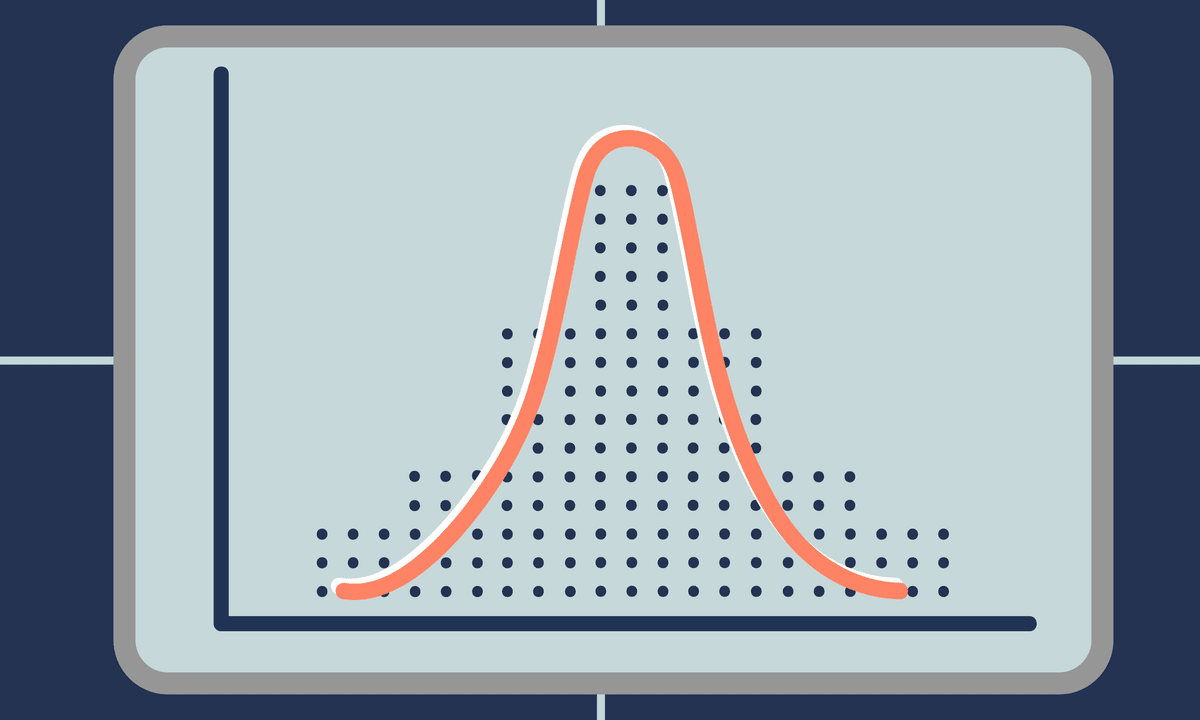
Moocable is learner-supported. When you buy through links on our site, we may earn an affiliate commission.
Description
This is the capstone project for UC Santa Cruz's Bayesian Statistics Specialization. It is an opportunity for you to demonstrate a wide range of skills and knowledge in Bayesian statistics and to apply what you know to real-world data. You will review essential concepts in Bayesian statistics with lecture videos and quizzes, and you will perform a complex data analysis and compose a report on your methods and results.
Tags
Syllabus
- Bayesian Conjugate Analysis for Autogressive Time Series Models
- In this module, we will introduce conjugate Bayesian analysis for the autoregressive (AR) models.
- Model Selection Criteria
- In this module, we will introduce some criteria that can be used in selecting the order of AR processes and the number of mixing components, which will be used later when we introduce mixture of AR models.
- Bayesian location mixture of AR(P) model
- In this module, we will perform Bayesian analysis for location mixture of AR(p) models.
- Peer-reviewed data analysis project
- In this module, we will use everything we have learned up until now to perform a mixture model on time series data.

Bayesian Statistics: Capstone Project
Affiliate notice
-
TypeOnline Courses
-
ProviderCoursera
This is the capstone project for UC Santa Cruz's Bayesian Statistics Specialization. It is an opportunity for you to demonstrate a wide range of skills and knowledge in Bayesian statistics and to apply what you know to real-world data. You will review essential concepts in Bayesian statistics with lecture videos and quizzes, and you will perform a complex data analysis and compose a report on your methods and results.
- Bayesian Conjugate Analysis for Autogressive Time Series Models
- In this module, we will introduce conjugate Bayesian analysis for the autoregressive (AR) models.
- Model Selection Criteria
- In this module, we will introduce some criteria that can be used in selecting the order of AR processes and the number of mixing components, which will be used later when we introduce mixture of AR models.
- Bayesian location mixture of AR(P) model
- In this module, we will perform Bayesian analysis for location mixture of AR(p) models.
- Peer-reviewed data analysis project
- In this module, we will use everything we have learned up until now to perform a mixture model on time series data.
Related Courses


Laboratorio di Matematica per Architettura

STAT 414: Introduction to Probability Theory

Performative Modelling

Uncovering Truth with Data: Understanding and Applying Statistics and Hypothesis Testing

Logistic Regression in R for Public Health

Model Diagnostics and Remedial Measures

Operations Research: an Active Learning Approach

Question Reality: Mind

Math for Machine Learning (Simplified Chinese)

NYSTCE Multi-Subject - Teachers of Childhood (Grades 1-6)(221/222/245): Practice & Study Guide

Introduction to Statistical Modeling in R
Loading...
Saving...
Loading...

 Online Courses
Online Courses  Coursera
Coursera
